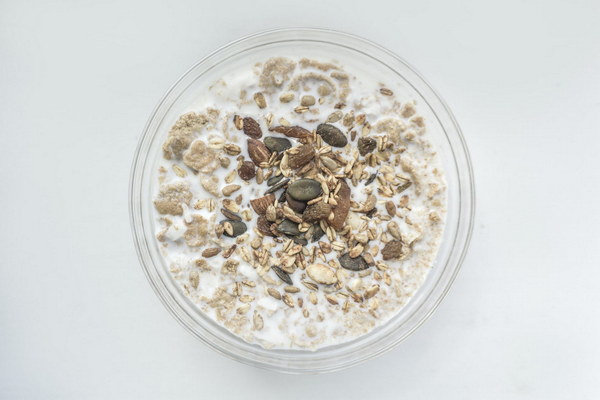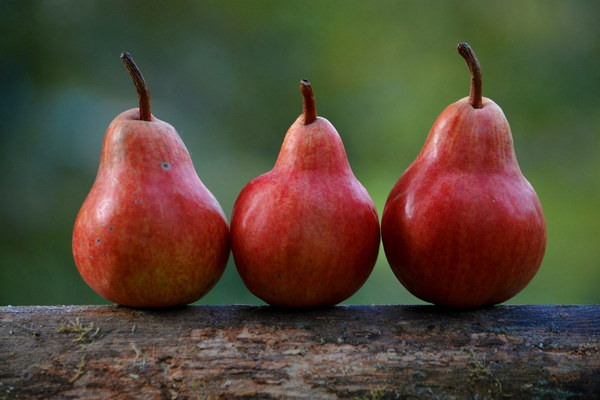Does Eating Sea Cucumber Nourish the Spleen and Stomach
Introduction:
The traditional Chinese medicine (TCM) has long emphasized the importance of balancing the body's internal organs, including the spleen and stomach. One popular question among health enthusiasts is whether consuming sea cucumber can help nourish the spleen and stomach. In this article, we will explore the benefits of sea cucumber for the spleen and stomach, backed by scientific research and TCM principles.
1. Understanding the Spleen and Stomach in TCM:
According to TCM, the spleen and stomach are vital organs responsible for the transformation and transportation of nutrients in the body. They play a crucial role in maintaining the body's energy (Qi) and fluid balance. When these organs are functioning properly, the body remains healthy. However, when they are weakened, various health issues may arise, such as fatigue, poor digestion, and weight gain.
2. Nutritional Value of Sea Cucumber:
Sea cucumber, also known as trepang, is a popular ingredient in both Chinese cuisine and traditional medicine. It is rich in various nutrients, including proteins, minerals, and amino acids. Some of the key nutrients that contribute to its potential benefits for the spleen and stomach are as follows:
- Proteins: Sea cucumber is an excellent source of proteins, which are essential for building and repairing tissues in the body. A healthy intake of proteins can support the functioning of the spleen and stomach.
- Minerals: Sea cucumber contains minerals such as calcium, magnesium, and selenium, which are vital for maintaining the health of various organs, including the spleen and stomach.
- Amino Acids: The presence of essential amino acids in sea cucumber can aid in the digestion and absorption of nutrients, promoting a healthy digestive system.
3. Benefits of Sea Cucumber for the Spleen and Stomach:
Based on TCM principles and scientific research, here are some potential benefits of consuming sea cucumber for the spleen and stomach:
- Improving Digestion: Sea cucumber's protein content can help enhance the digestion process, leading to better absorption of nutrients from the food we eat. This can improve overall digestive health and relieve symptoms of indigestion.
- Boosting Immunity: The immune system is closely linked to the spleen in TCM. Sea cucumber's immune-boosting properties can help strengthen the spleen, thereby improving the body's resistance to infections and diseases.
- Reducing Inflammation: Sea cucumber has anti-inflammatory properties that can help reduce inflammation in the gastrointestinal tract, alleviating symptoms of conditions like irritable bowel syndrome (IBS) and Crohn's disease.
- Promoting Weight Loss: Sea cucumber is low in calories and high in fiber, making it a great food choice for those looking to shed excess weight. A healthy weight can help maintain the balance of the spleen and stomach.
4. How to Incorporate Sea Cucumber into Your Diet:
Sea cucumber can be consumed in various forms, including fresh, dried, or as a supplement. Here are some suggestions on how to incorporate sea cucumber into your diet:
- Add sea cucumber to soups, stews, or stir-fries.
- Use sea cucumber powder as a supplement, following the recommended dosage.

- Consume sea cucumber in traditional Chinese medicine recipes.
Conclusion:
While scientific research is still ongoing, the traditional wisdom of TCM suggests that sea cucumber can be beneficial for nourishing the spleen and stomach. Its rich nutritional profile, coupled with its potential anti-inflammatory, immune-boosting, and digestive properties, makes it a valuable addition to a balanced diet. However, it is essential to consult with a healthcare professional before starting any new supplement or diet regimen.









